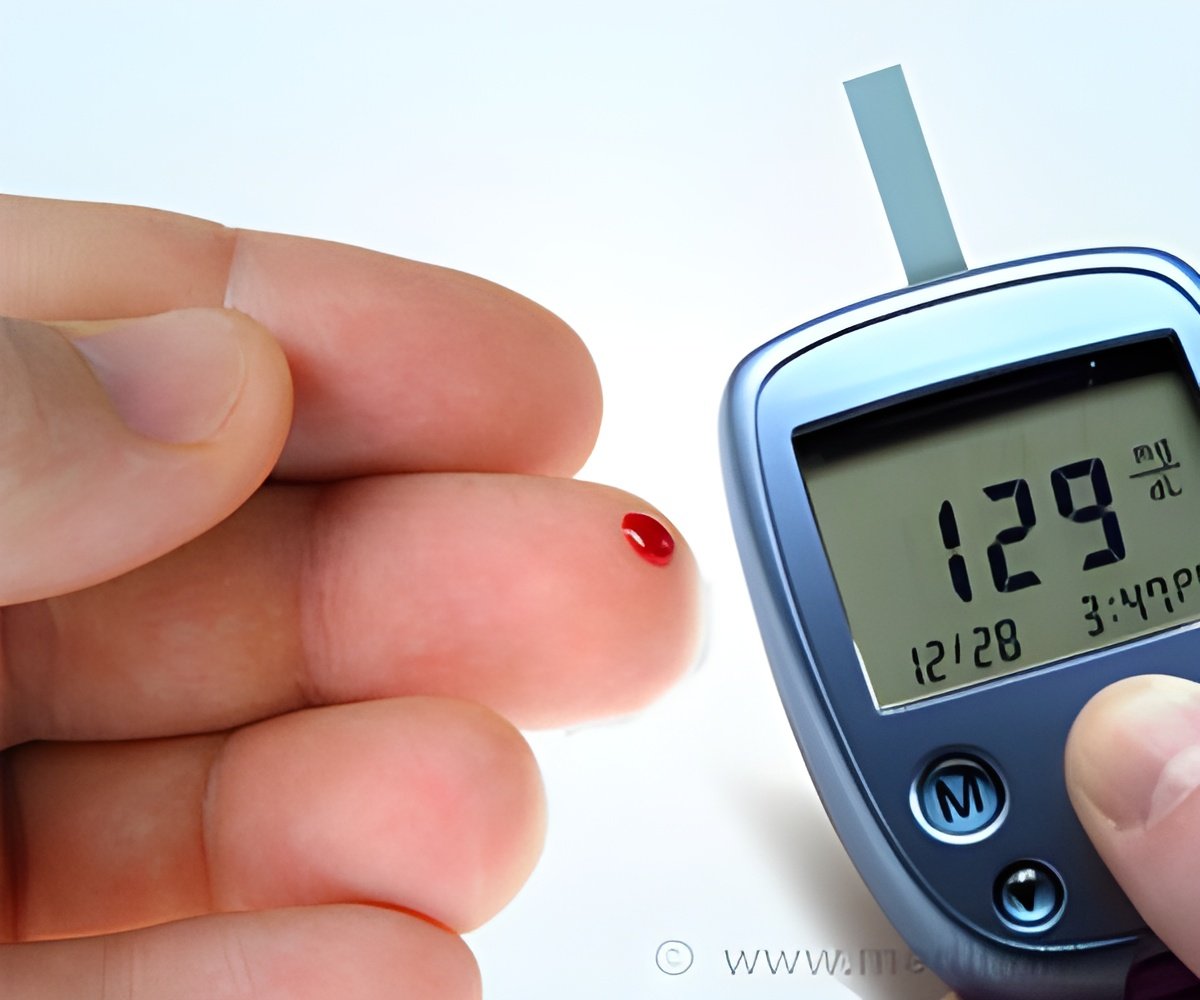Fiber from cereal and vegetable reduces the risk of developing type 2 diabetes by 19% and 16% respectively and also helps people maintain a healthy weight.

They found that participants with the highest total fiber intake (more than 26 g/day) had an 18 percent lower risk of developing diabetes compared to those with the lowest total fiber intake (less than 19g/day), after adjusting for the effect of other lifestyle and dietary factors.
When the results were adjusted for body mass index (BMI) as a marker of obesity, higher total fiber intake was found to be no longer associated with a lower risk of developing diabetes, suggesting that dietary fiber may help people maintain a healthy weight, which in turn reduces the chances of developing type 2 diabetes.
When the authors evaluated the different fiber sources, they found that cereal fiber had the strongest inverse association: those with the highest levels of cereal and vegetable fiber consumption had a 19 percent and 16 percent lower risk of developing diabetes respectively, compared with those with the lowest consumption of these types of fiber. Again, these associations disappeared when the results were adjusted for BMI. By contrast, fruit fiber was not associated with a reduction in diabetes risk. Cereals accounted for 38 percent of the total fiber intake, and were the main source of fiber in all the countries involved in the study.
University of Cambridge Professor Nick Wareham, senior author on the paper, added that public health measures globally to increase fiber consumption were likely to play an important part in halting the epidemics of obesity and of type 2 diabetes.
The study is published in the journal Diabetologia.
Advertisement















